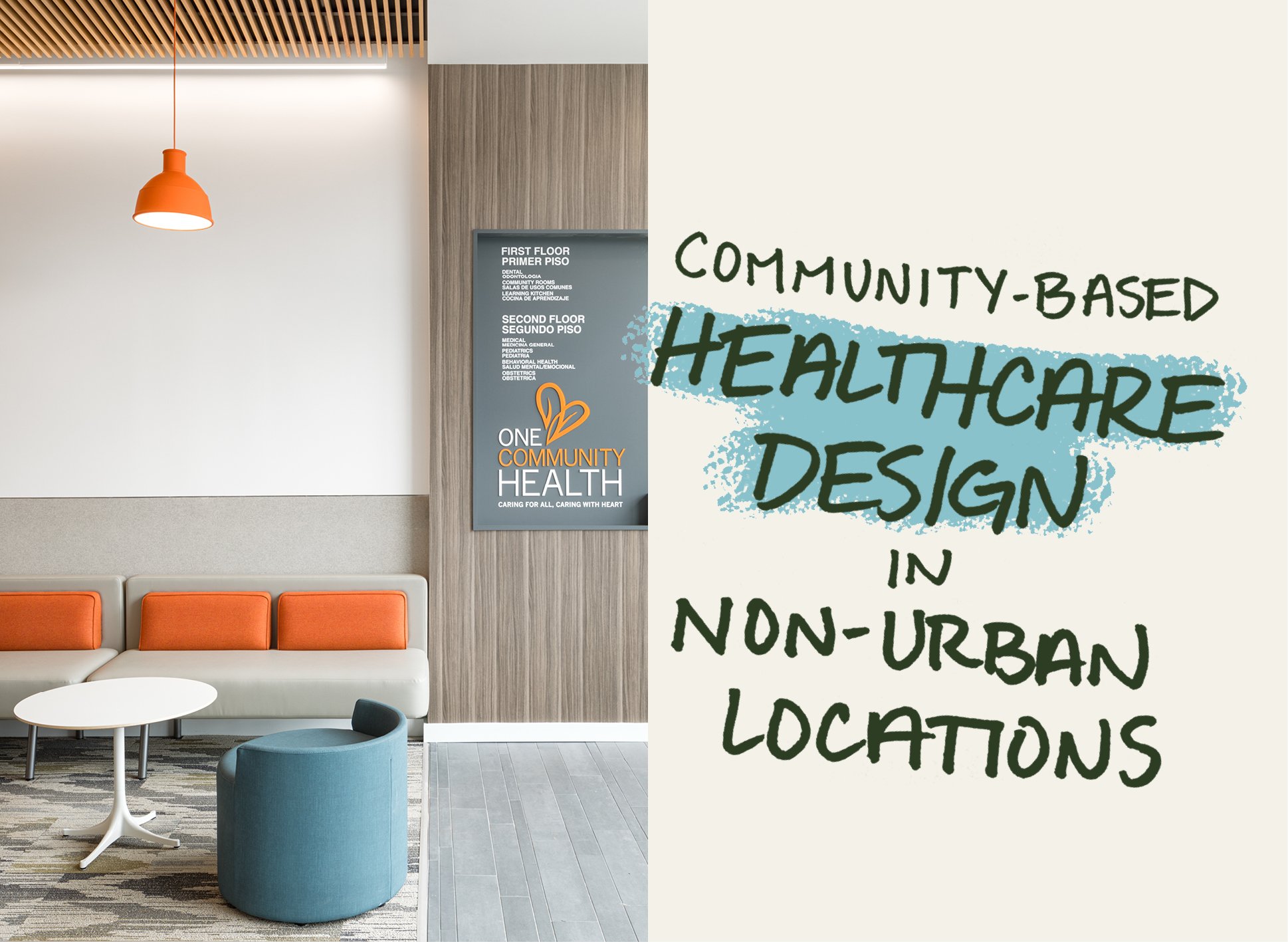SEA Hosts a Community Resilience Hub Workshop During Sustainable Building Week
Author
Juliette Grummon-Beale
“Community Resilience Hub” is a term you may have heard by now. Throughout our country, major cities and communities are exploring or establishing the what/where/when/and how these public-serving facilities can best provide essential services to their residents. These hubs build social, economic, and climate resilience before, during, and after emergency events.
During Portland’s Sustainable Building Week, Scott Edwards Architecture hosted an educational and interactive workshop on this topic. Over 50 attendees, including clients, consultants, and the general public, collaborated in small groups to develop resilient design strategies appropriate to a specific project type and local community’s needs using four SEA case studies. Each project had a different hazard to respond to and budget to consider.
At the end of the workshop, each team shared their Community Resilience Hub concept and strategies with the larger group. Since each team addressed a hazard related to climate change, most Hubs prioritized high-efficiency HVAC systems and high-performance envelopes to mitigate and adapt to the impacts. Solar energy and battery storage were other popular resilience strategies, highlighting the need for Hubs to operate continuously during disruptions.
Other strategies and approaches were more specific to the hazard being addressed. The two wildfire groups chose building hardening, defensible zones, and advanced air filtration, while the team that created a Hub for a heat wave focused on providing outdoor shade structures, trees to shade the building, and misting stations. Some projects used as case studies are further along in design and teams recognized the beneficial strategies already employed and devised ways to enhance them. Projects in earlier planning phases considered programmatic features like storage rooms, showers, and kitchens to serve their communities.
From our workshop, we learned that our community is excited about creating Community Resilience Hubs throughout our region! It was wonderful to experience the enthusiasm around this topic and see community members with different skill sets bring innovative strategies to the table like micro-hydro-electric, misting stations, and protected underground storage for emergency supplies.
A few final Community Resilience Hub thoughts to take from this event:
Consider resiliency goals early in your project process.
Engage your community.
Encourage your team to think holistically and creatively.
Allow for flexibility and plan for continual improvements.
For more information on Community Resilience Hubs and how to incorporate these strategies into a new or existing building, please view our presentation from the event here. If you have any questions about incorporating these strategies into your project, please do not hesitate to reach out—we’d love to collaborate with you!
Additional Resources:
Urban Sustainability Directors Network: Resilience Hubs Website
American Institute of Architects: Resilience Website and Toolkits











